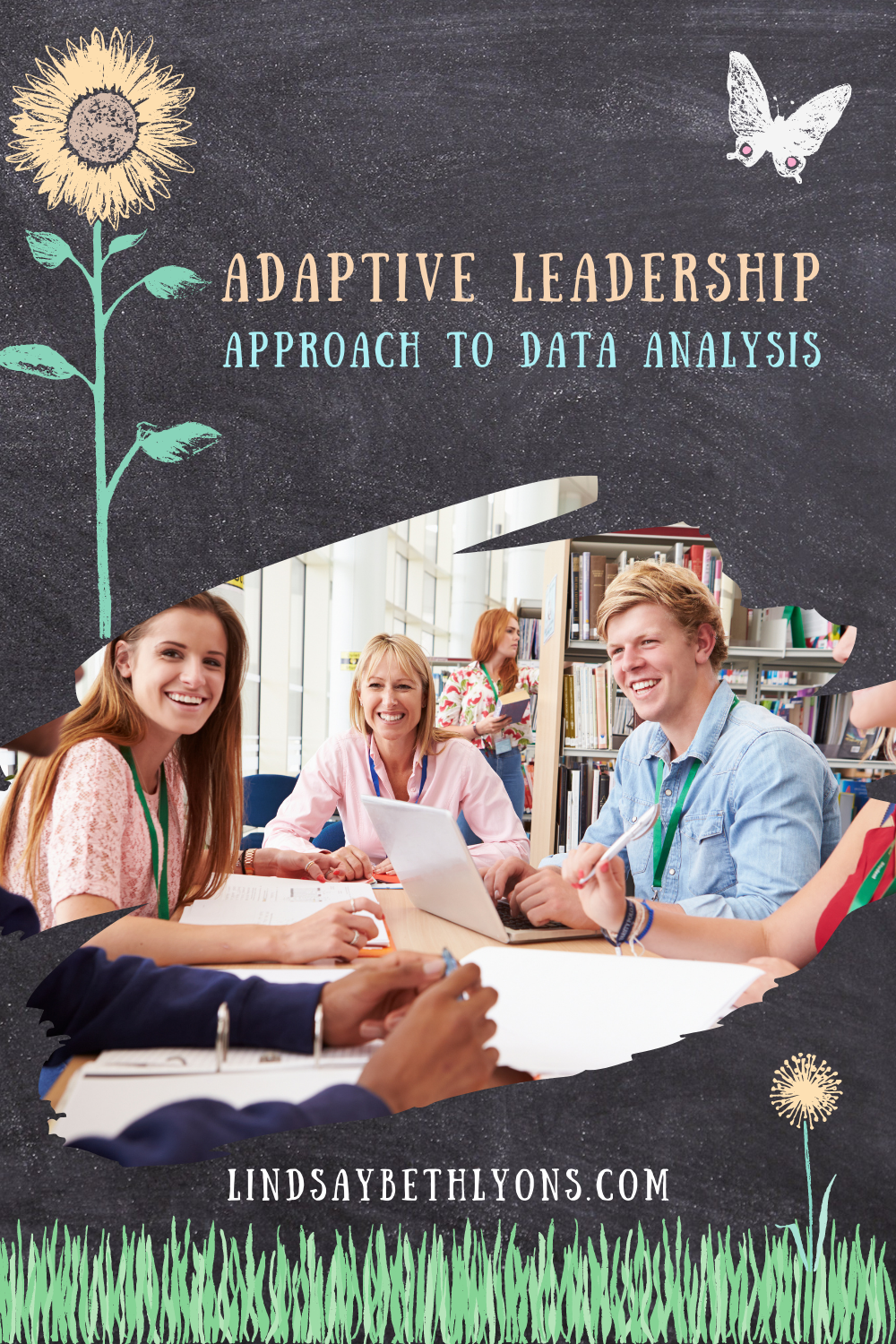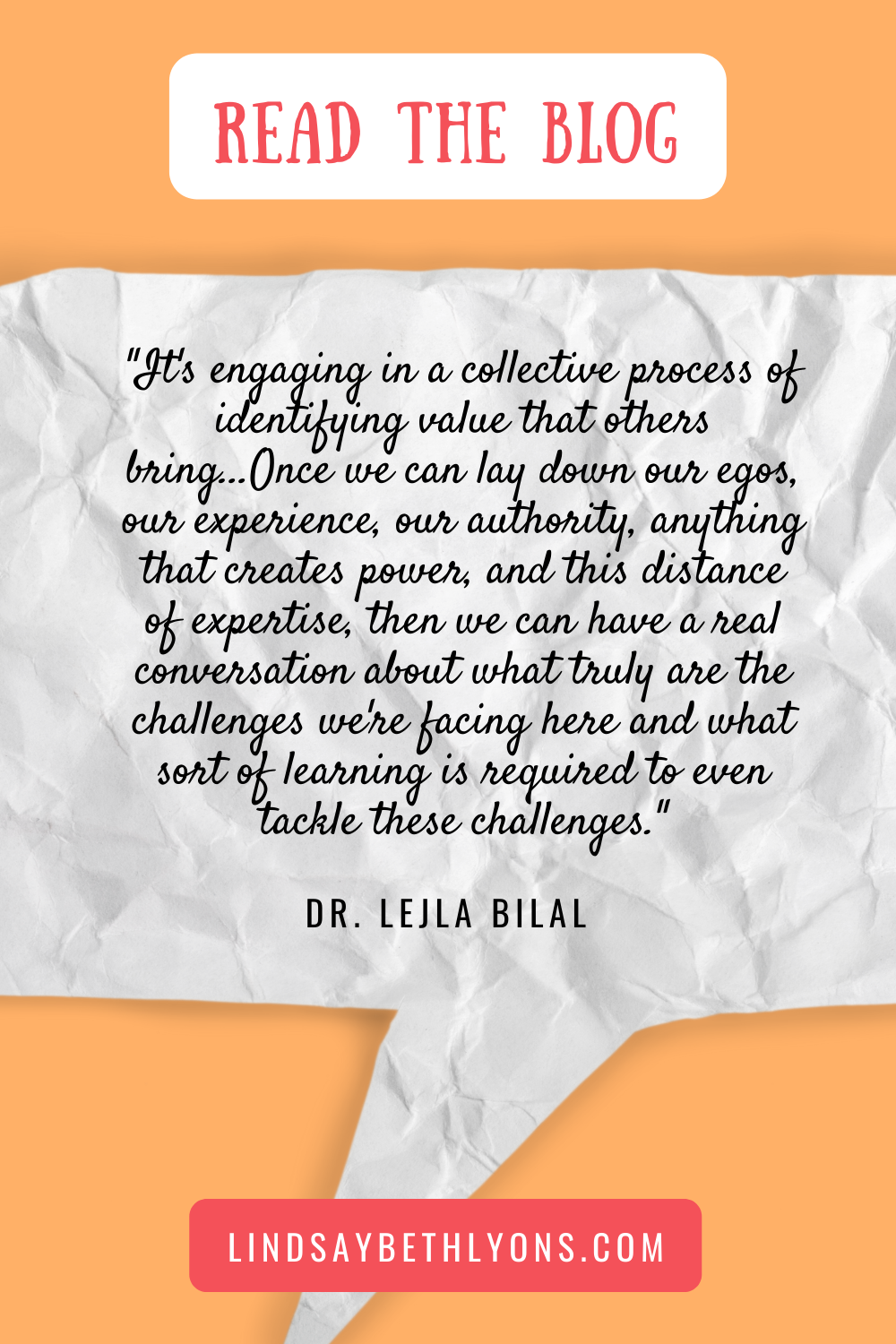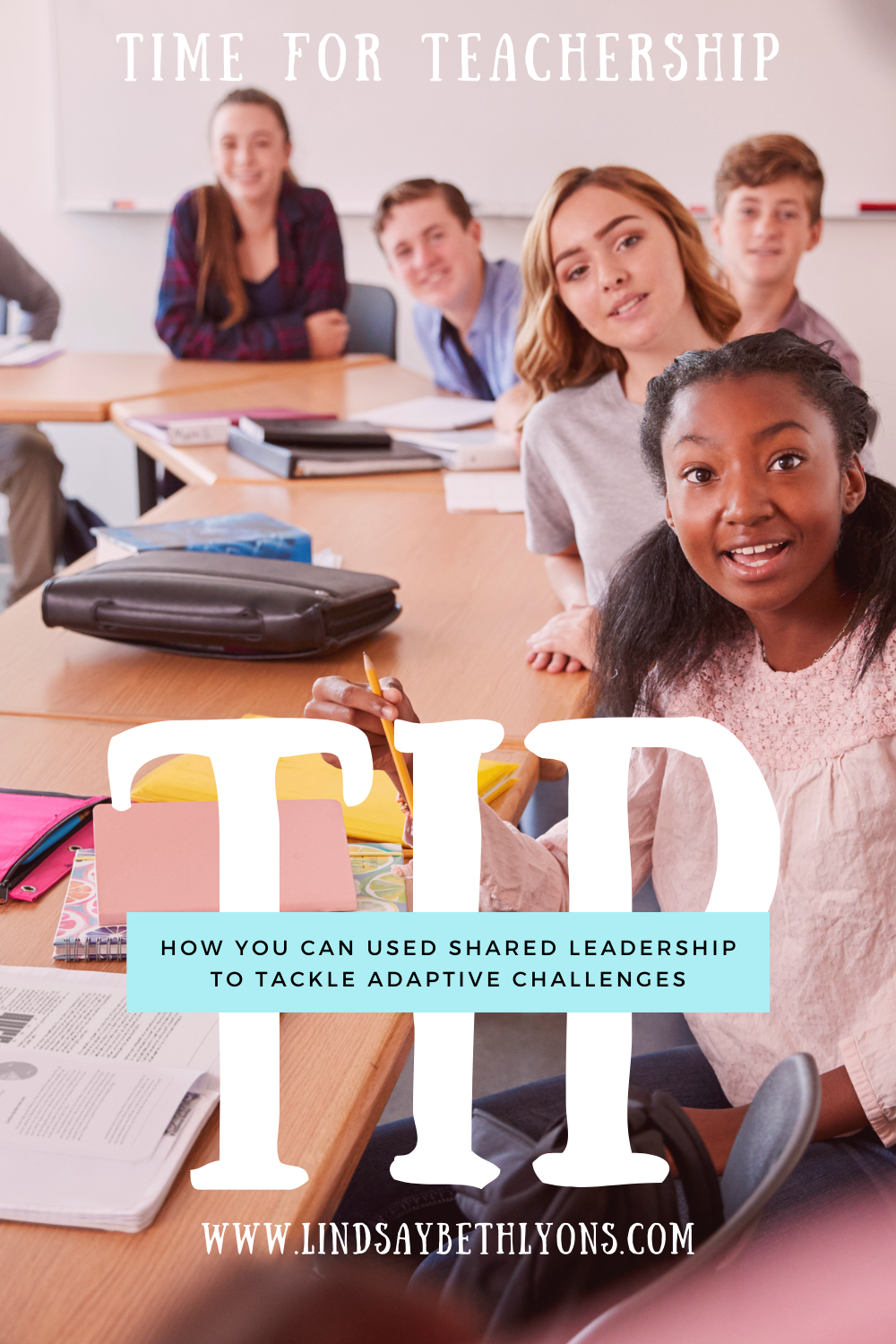|
11/22/2021 LfJ Series: Normalizing Critical Reflection: An Adaptive Leadership Approach to Data AnalysisRead Now
Listen to the episode by clicking the link to your preferred podcast platform below:
We’ve talked about the benefits of shared leadership, how to measure stakeholder perceptions, and how to set up a sustainable multi-stakeholder governance structure. Now, let’s talk about the inner workings of structures once you’ve set them up. Shared leadership is best suited for tackling adaptive challenges. Adaptive leadership scholars contrast adaptive challenges with technical challenges. Whereas a technical challenge can be addressed by a straightforward solution (e.g., providing training on a tech tool or new curriculum), adaptive challenges require much deeper work. The essence of adaptive challenges can be captured in this sentence of Heifetz, Grashow, and Linsky’s book: “Adaptive challenges are typically grounded in the complexity of values, beliefs, and loyalties rather than technical complexity and stir up intense emotions rather than dispassionate analysis,” (Loc. 1283). Adaptive challenges can take one or more of the following 4 types: our actions do not line up with what we say we value; we hold competing commitments; some things are deemed “unspeakable;” and we divert attention from the problem or displace responsibility onto someone else. At its best, shared leadership practices identify and dig into these adaptive challenges. How to tackle adaptive challenges in policy and practice. In stakeholder group or leadership team meetings or via data collection methods like surveys, interviews, or focus groups, we can ask each stakeholder the following questions:
Once you have gathered all of this information, you may want to identify common points of connection across stakeholder groups. Heifetz and colleagues call these “hidden alliances” as groups who may initially seem in opposition to one another’s proposed solutions may have a shared value or desired outcome that when illuminated can help them work together. How to tackle adaptive challenges in data analysis. When we analyze data, we often jump to conclusions. The ladder of inference, first proposed by Chris Argyris, details how data is interpreted, assumptions are formed, and actions are taken based on those assumptions. (This site explains the ladder in more depth using a visual and several guiding questions to support thoughtful interpretation of data.) At the bottom of this post, you can also grab my newest free resource, a worksheet that provides guiding questions and sample responses to support thoughtful data analysis. Strategic planning conversations are a fantastic opportunity to name and confront long-standing adaptive challenges. However, we usually miss those opportunities. Too often, strategic planning committees shy away from challenging our long-held beliefs and loyalties, which prolongs the problem and keeps us from getting 100% of students to succeed. As a result, we complacently suggest success looks like 80 or 85% of students succeeding. That’s unacceptable. On an earlier episode of the podcast, I spoke about how to effectively conduct a root cause analysis with the aim of surfacing hidden adaptive challenges. (You’ll find another free resource linked at the bottom of that post.) The key takeaway from that show is using Heifetz, Grashow, and Linsky’s call to identify the habits, beliefs, and loyalties we are holding on to as a check for a true root cause. If we can identify and address those underlying habits, beliefs, and loyalties that need to shift, then the technical fixes we love to put in our strategic plans will actually have a chance to work their magic. Structures that Facilitate these Practices Engaging in critically reflective data analysis requires a clear and sustainable multi-directional flow of information as well as a mutual sense of trust and partnership. Facilitators who lead team meetings should be supported to create the space for generative conversation. (For more on this topic, check out Dr. Cherie Bridges Patrick’s ideas on creating the space for discourse and the related notion of safety in this episode.) Another structure that can remind stakeholder groups and leadership teams to routinely examine data and identify adaptive challenges is having a shared agenda template for all team meetings. This can be a loose outline of activities including prompts for data collection, analysis, and decision-making. The key is to have all stakeholders routinely practicing and honing these skills, which will ultimately help individuals and the larger community flourish. A Call to Leaders In Season One, Dr. Lejla Bilal spoke about adaptive leadership by saying: “It's engaging in a collective process of identifying value that others bring...Once we can lay down our egos, our experience, our authority, anything that creates power, and this distance of expertise, then we can have a real conversation about what truly are the challenges we're facing here and what sort of learning is required to even tackle these challenges.” Leaders, this work is essential. The processes through which we reach important decisions are just as important as the final decisions we make. In fact, research tells us a change in process will influence the decisions made for the better (Kusy & McBain, 2000). It requires humility and a dedication to growth, but if you can develop and nurture shared leadership structures at your school, the results can deliver a future we can’t even imagine on our own. Thanks for reading! Continue the conversation below in the comment section and join our community of educational visionaries on Instagram, LinkedIn, and Facebook. Until next time leaders, continue to think big, act brave, and be your best self.
1 Comment
|
Details
For transcripts of episodes (and the option to search for terms in transcripts), click here!
Time for Teachership is now a proud member of the...AuthorLindsay Lyons (she/her) is an educational justice coach who works with teachers and school leaders to inspire educational innovation for racial and gender justice, design curricula grounded in student voice, and build capacity for shared leadership. Lindsay taught in NYC public schools, holds a PhD in Leadership and Change, and is the founder of the educational blog and podcast, Time for Teachership. Archives
May 2024
Categories |





 RSS Feed
RSS Feed